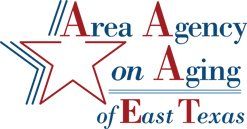Standing up for Elder Justice During Challenging Times
Administration for Community Living • June 15, 2020

Today, we commemorate World Elder Abuse Awareness Day
(WEAAD) and affirm the rights and dignity of older adults.
We take this stand for elder justice as the COVID-19 pandemic continues to affect each of our lives and create new threats and challenges.
We know that strong supports and strong social connections are critical to preventing elder abuse, neglect, and exploitation and supporting survivors. Many of these supports and connections are being strained by physical distancing measures we are all taking to slow the spread of COVID-19. Even as the country begins to reopen, many older adults who face higher risk of serious illness will need to continue taking additional precautions such as staying at home.
We can all do our part to maintain the bonds of social connection within our communities while we are physically apart - whether we're organizing a virtual family gathering or just calling to check in. This crisis has brought out the best in so many people, including many aging services professionals who have gone the extra mile to maintain critical services and supports for older adults. From Long-Term Care Ombudsmen programs continuing their work with "virtual walk-throughs" to senior centers quickly launching virtual activities, I am in awe at your dedication and honored to call you colleagues.
Unfortunately, crises can also bring out the worst in some people. It seems like every day we hear about a new scam trying to take advantage of this pandemic to steal from older Americans. These scams are often carried out through calls, e-mails, or text messages claiming to be from federal or state agencies. Last week, at the Elder Justice Coordinating Council (EJCC), we heard from our federal partners who are working to stop these scammers. We can each do our part by reporting scams we encounter and sharing verified information about the pandemic and government programs.
And today at 1pm EDT, our National Center on Elder Abuse is sponsoring a webinar, Upholding Justice for Older Americans on this World Elder Abuse Awareness Day: A National Conversation. The webinar will feature presentations by ACL Deputy Assistant Secretary for Aging Edwin Walker and speakers from the Department of Justice, Social Security Administration, Securities and Exchange Commission, Consumer Financial Protection Bureau, and ACL’s National Center on Law and Elder Rights. Each speaker will be discussing their elder justice initiatives and highlighting resources everyone can use. We’ve had an overwhelming response and registration is full, but a recording of the event will be available later this week on the NCEA’s website.
Also today, at 4pm EDT, the National Indigenous Elder Justice Initiative will be hosting an online panel on caring for elders during the COVID-19 pandemic. The discussion will include experts from NIEJI, the Shoshone-Bannock Tribes Adult Protection Services, and the Saint Regis Mohawk Tribe Office for the Aging. The event will be streamed live on NIEJI’s Facebook page.
Like everything else in our lives, WEAAD looks and feels a little different this year. Around the world, communities are finding creative ways to raise awareness and advance elder justice virtually. Webinars are taking the place of people gathering to hear speakers and panel discussions, and posting purple profile pictures is taking the place of wearing purple ribbons to show individual support.
What has not changed is our commitment to the principle that older adults are equal members of our communities, entitled to the same dignity, rights, and security that each of us expect at any age. Today, on WEAAD, I challenge all of us to think about what we can do in our own lives to uphold that principle. It is those everyday actions, combined with the work being done by organizations and governments around the world, that will make it possible for us to make that principle a universal truth.
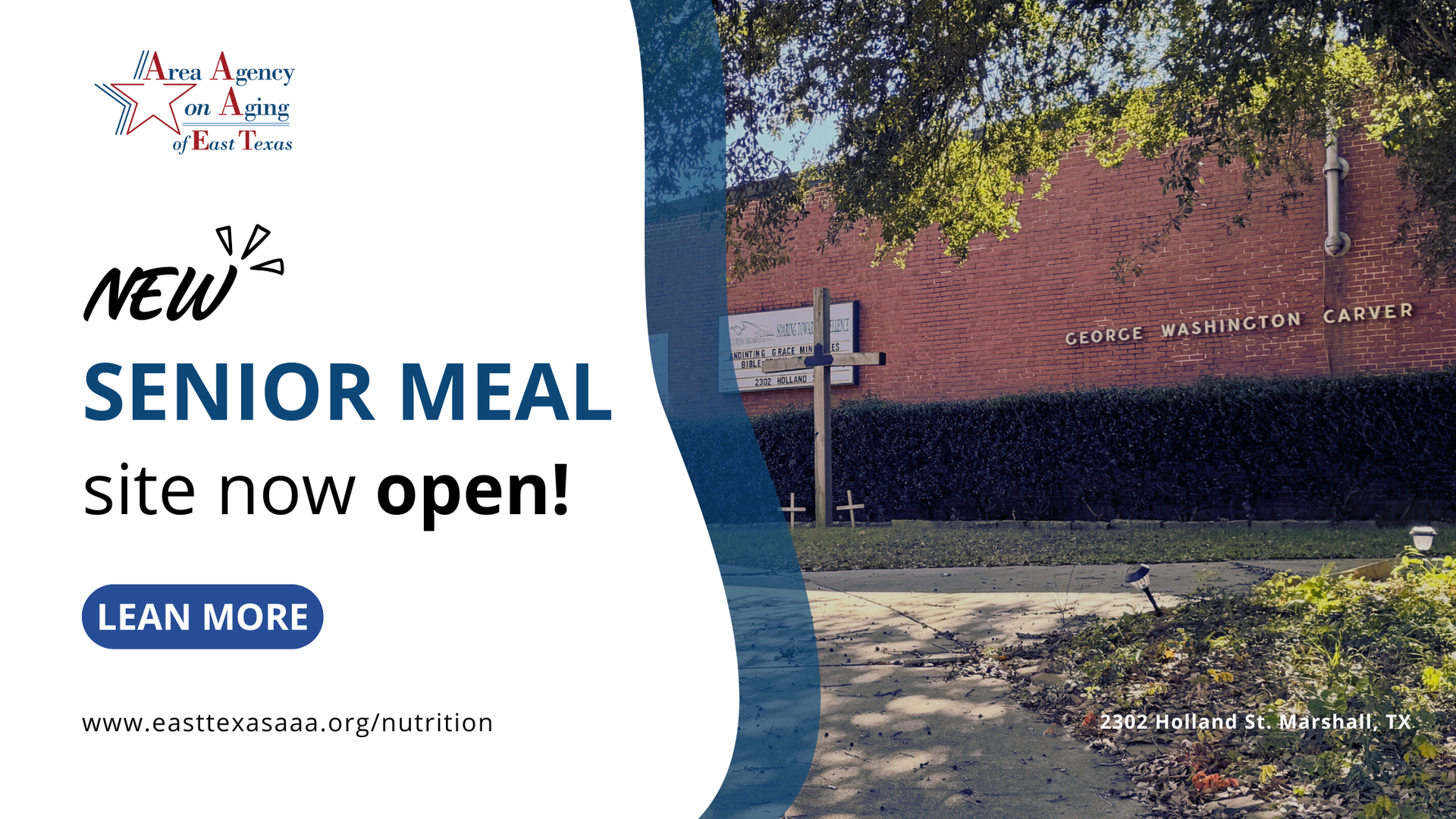
The Area Agency on Aging of East Texas (AAA) opened a new congregate meal site in Marshall on Monday, December 15th. Older adults, aged 60 and up, eligible for the Senior Nutrition Program will be able to enjoy a hot lunch, good conversation, and a friendly place to gather. Location George Washington Carver Community Center 2302 Holland St Marshall, TX 75670 Meal Hours Monday–Thursday 11:00 AM–12:30 PM Phone 903-923-8410 The Senior Nutrition Program supports adults age 60 and older through both congregate meals and home-delivered meals. These meals follow dietary guidelines and help older adults stay connected and healthy. For folks who can’t travel, home-delivered meals bring food, a wellness check, and a bit of company to their door. How to Enroll Adults age 60 and older can join the Senior Nutrition Program by contacting the provider for their county listed at: easttexasaaa.org/nutrition , or by receiving a referral from AAA staff. Caregivers who care for someone receiving home-delivered meals may also be referred for services by calling AAA. The Carver Community Center site will give more Marshall and Harrison County residents a place to eat, visit, and keep a steady routine. If you or someone you know could benefit, contact the AAA for assistance!
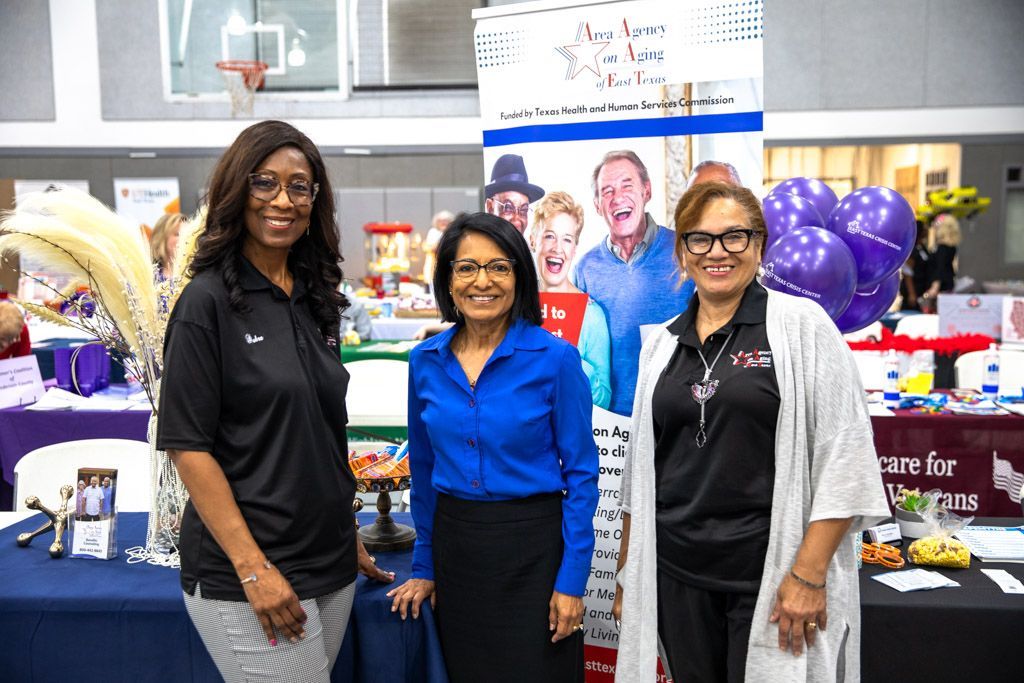
Medicare Open Enrollment runs from October 15 until December 7, and people with Medicare will have more coverage options to consider. Plan costs and covered benefits have changed, so our Area Agency on Aging of East Texas (AAA) is offering benefits counseling assistance to encourage Medicare recipients to review their coverage choices and decide on the options that best fit their health needs. The changes Medicare recipients can make during Open Enrollment include: Joining a new Medicare Advantage Plan or Part D prescription drug plan Switching from Original Medicare to a Medicare Advantage Plan Switching from a Medicare Advantage Plan to Original Medicare (with or without a Part D plan) “Medicare Open Enrollment allows you the opportunity to review your healthcare plan and check on your financial well-being, which could also help save costs and coverage,” says AAA Benefits Counselor Nellie Spencer. “Call us and talk to an unbiased, qualified Benefits Counselor. We are also your State Health Insurance Assistance Program (SHIP) and available free of charge to go over your options.” For assistance, please call the Area Agency on Aging at 1-800-442-8845 to speak to a qualified benefits counselor. Appointments can be made over the phone, in a virtual meeting, or in person. Local Open Enrollment presentations: Benefits counselors will also be available for appointments at these community events during the Open Enrollment period. To reserve your spot, call the Area Agency on Aging at 1-800-442-8845. Walk-ins will be accepted. Palestine Resource Center for Independent Living, 421 Avenue A, Palestine, TX Date: Tuesday, November 4th Time: 9:00 am-3:00 pm George Washington Carver Community Center, 2303 Holland St., Marshall, TX Date: Thursday, November 6th Time: 10:00 am-2:00 pm Mt. Zion C.M.E. Church, 104 State Hwy. 64, Ben Wheeler, TX Date: Thursday, November 13th Time: 1:00 pm-3:30 pm First Christian Church, 1920 Beaumont St., Jacksonville, TX Date: Thursday, November 20th Time: 9:00 am-12:00 pm Be on alert for these Medicare Open Enrollment scams: There are no "limited time offers." Medicare or a health plan calls and wants to send you a new health card for $299. You receive a call about a refund from last year's premiums or your drug plan cost. An agent tries to sign you up for a plan that you don't need, isn't right for you, or doesn't even exist. Watch out for fake RX cards offering significant discounts with little or no benefits. You receive a call offering significant discounts on a new health insurance plan. Agents can NOT cold call you. Tips on how to stop fraud during Open Enrollment: If it's "too good to be true," it probably is. Don't trust all the ads you see on TV. Review the plan BEFORE you join. Even if you're not switching, review your current plan to ensure it covers your doctors. Medicare will never call or visit. Medicare will only send information via postal mail service. Guard your Medicare card and number like a credit card. Don't give out your Medicare number except to your doctor or other providers. Don't let someone push you into making a fast decision. If you receive a call, especially from a number you do not recognize or anyone requesting personal information, hang up immediately. Know your health care options. Get help from your family, the Medicare website, or your local State Health Insurance Assistance Program (SHIP), which for East Texas is the AAA. No health care plan is allowed to cold call. Medicare plans can be viewed and compared at www.medicare.gov .


